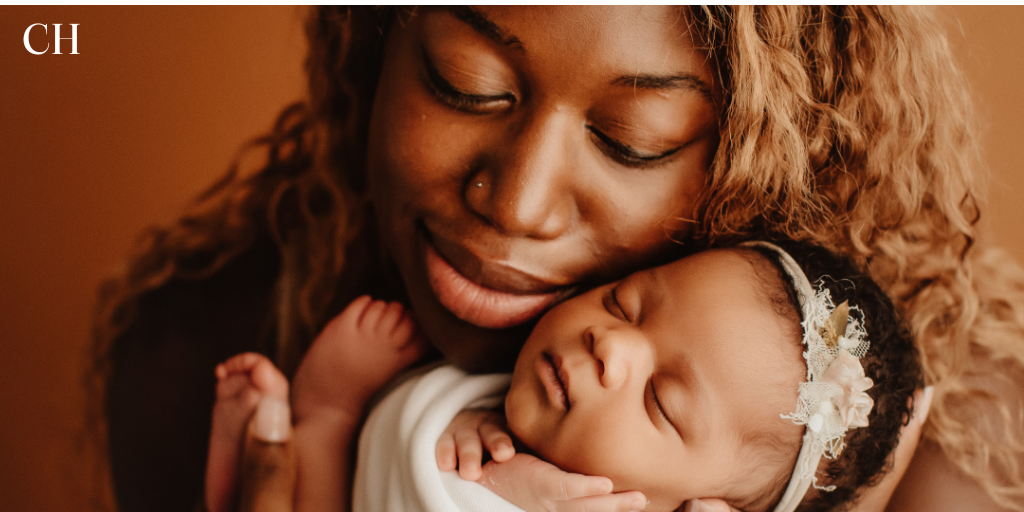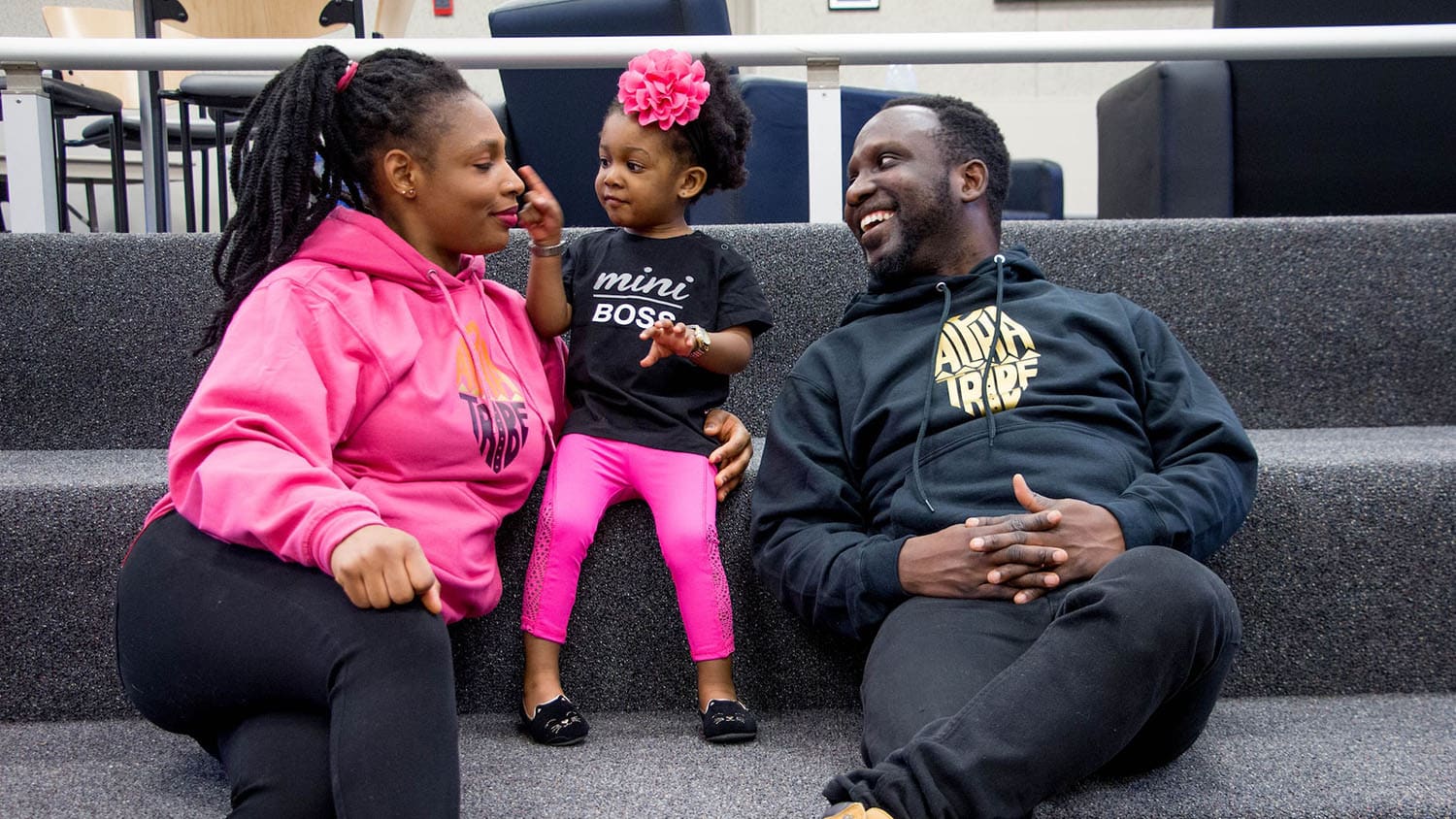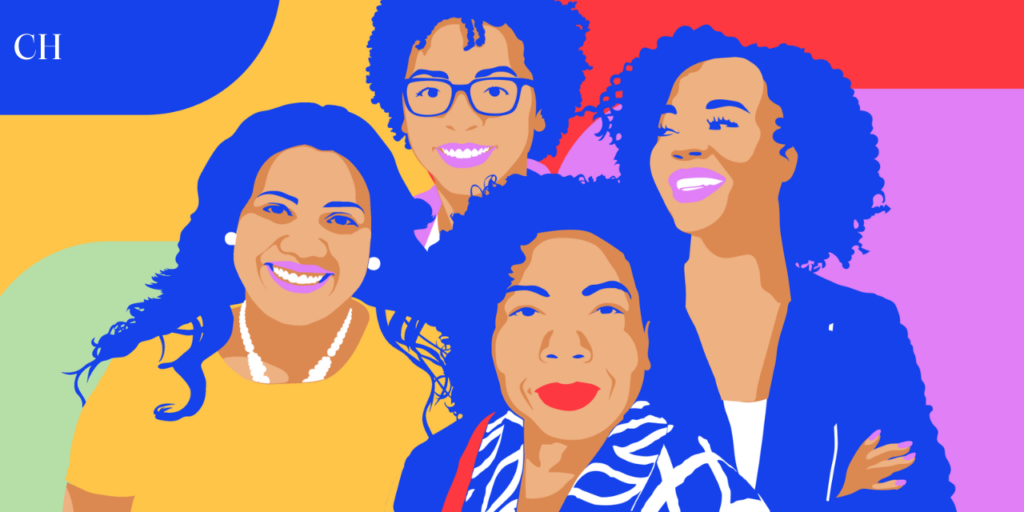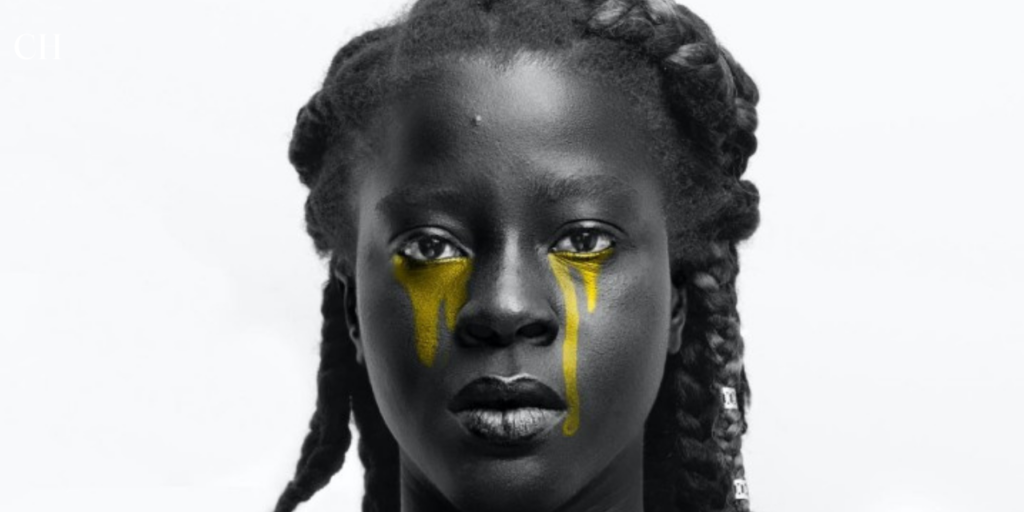
Parenting is difficult for everyone, but Black women face additional challenges due to the combination of race, gender, and socioeconomic status. These issues originate from long-standing institutional imbalances, cultural expectations, and societal biases. This essay examines the numerous problems that Black women experience when parenting, concentrating on economic disparities, healthcare inequities, educational impediments, social stigmatization, and the balancing act between cultural preservation and integration.
According to NC STATE UNIVERSITY “ All mothers experience stress; but Black mothers in the U.S. experience additional stresses specifically related to parenting and racism,” says Mia Brantley, author of the study and an assistant professor of sociology at NC State. “That has consequences for the health and well-being of Black mothers. If we want to develop ways to support Black moms and Black families, we need to have a deeper understanding of the challenges facing Black mothers – and how Black mothers respond to those challenges.”
Economic Disparities
Economic stability is an essential component of healthy parenting, yet Black women frequently confront considerable economic obstacles. The gender pay gap is particularly prominent among Black women, who earn approximately 63 cents for every dollar earned by white men. This salary discrepancy is exacerbated by rising unemployment rates and limited access to high-paying occupations. As a result, many Black mothers are obliged to work numerous jobs, sometimes with little job security and inadequate benefits, limiting the time and energy they can give to their children.
Single parenthood is also more common in Black families, with approximately 65% of Black children growing up in single-parent households led primarily by women. The lack of a second source of income, as well as the added duties of lone parenting, put further strain on financial resources. These economic pressures can cause housing instability, food insecurity, and limited access to extracurricular activities and educational resources, all of which can have a negative impact on a child’s development.
Healthcare Inequities

Image Source: NC STATE UNIVERSITY
Black women experience severe gaps in healthcare availability and quality, limiting their ability to parent effectively. Maternal mortality among Black women is roughly three times that of white mothers. This striking number is the result of both systemic healthcare biases and socioeconomic barriers to accessing high-quality pregnancy and postpartum care.
Chronic health issues, such as hypertension and diabetes, are more common among Black women, owing to inadequate access to nutritious food, safe exercise environments, and preventive treatment. Managing chronic problems while caring for children creates an additional layer of stress. Furthermore, due to stigma and a lack of culturally appropriate mental health care, Black women commonly go undiagnosed and untreated for mental health concerns such as postpartum depression.
Educational Barriers
Education is a key step in breaking the cycle of poverty, but Black children frequently encounter significant barriers in the educational system. Black women must navigate an environment in which their children are more likely to attend underfunded schools, endure harsher disciplinary measures, and have lower academic standards. The school-to-prison pipeline disproportionately affects Black youth, with Black boys being suspended and expelled at significantly higher rates than their white peers.
Black women frequently have to fight hard for their children’s educational rights, seeking out better schools, supporting their learning at home, and sometimes dealing with educators’ biases. This lobbying needs time, knowledge, and resources, which economically disadvantaged families may not always have.
Social Stigmatization and Racial Bias
Black women regularly face societal stigma and racial intolerance, which can have a significant impact on their parenting experiences. Stereotypes regarding Black motherhood, such as the “welfare queen” or the “angry Black woman,” contribute to a cultural narrative that diminishes the worth and competence of Black moms. These preconceptions influence not only how Black women are regarded and treated by society, but also how they view themselves.
Navigating a world where they and their children face racial profiling and discrimination is an ongoing challenge. Black women must teach their children how to deal with and respond to racism, a process known as “the talk.”
Balancing Cultural Preservation and Integration
Black women must also strike a balance between cultural preservation and assimilating into a larger society that frequently marginalizes their cultural identity. Instilling pride and heritage in their children while navigating a mostly white world is a tough mix. Black women frequently seek to instill cultural traditions, beliefs, and histories in their children, which are crucial for their identity and resilience.
This job is hindered by the ubiquitous impact of media and society standards that frequently undervalue Black culture. Black moms must combat these pressures by serving as positive role models, promoting cultural pride, and establishing circumstances in which their children can perceive themselves in a favorable light.
Community Support and Social Networks
Community support is critical in addressing some of the issues that Black mothers encounter. Extended family networks, neighborhood organizations, and social clubs can offer valuable emotional and practical assistance. These networks can provide childcare, financial support, and a sense of belonging and common experience.
However, these communal networks are frequently pushed thin as a result of the cumulative impact of socioeconomic issues. Black women may also experience spatial isolation if they live in predominately white communities, which limits their access to culturally specialized support systems. Building and maintaining strong community links involves effort and intentionality, especially in situations that may not encourage these networks.
The Impact of Incarceration
The high incarceration rates among Black men have serious consequences for Black moms and children. The absence of fathers due to incarceration forces many Black women to bear the whole responsibility of parenting. This dynamic has an impact not only on the family’s economic stability, but also on the children’s mental well-being, as they may face trauma and stigma as a result of having an incarcerated parent.
Black moms frequently have to negotiate the criminal justice system in order to maintain relationships between their children and their incarcerated fathers. This includes handling the logistics and finances of prison visits, dealing with the emotional consequences, and explaining the situation to their children in an age-appropriate manner.
Parenting as a Black woman entails navigating an environment molded by past and present injustices. Although Black mothers face significant economic, healthcare, educational, and social hurdles, they continue to display perseverance and commitment in raising their children. By addressing systemic disparities and supporting Black mothers’ unique needs, society may contribute to a more equitable environment in which all children can thrive.


